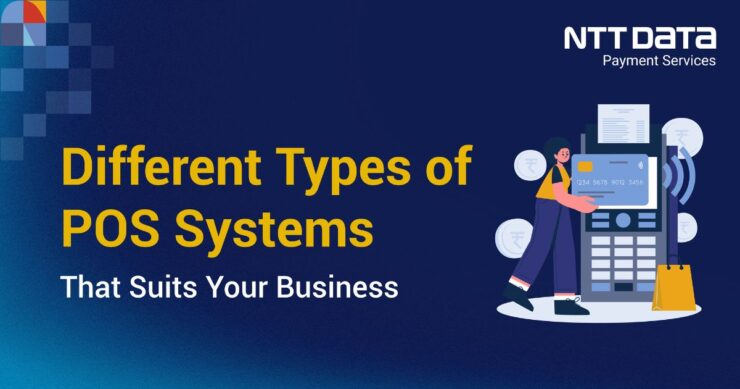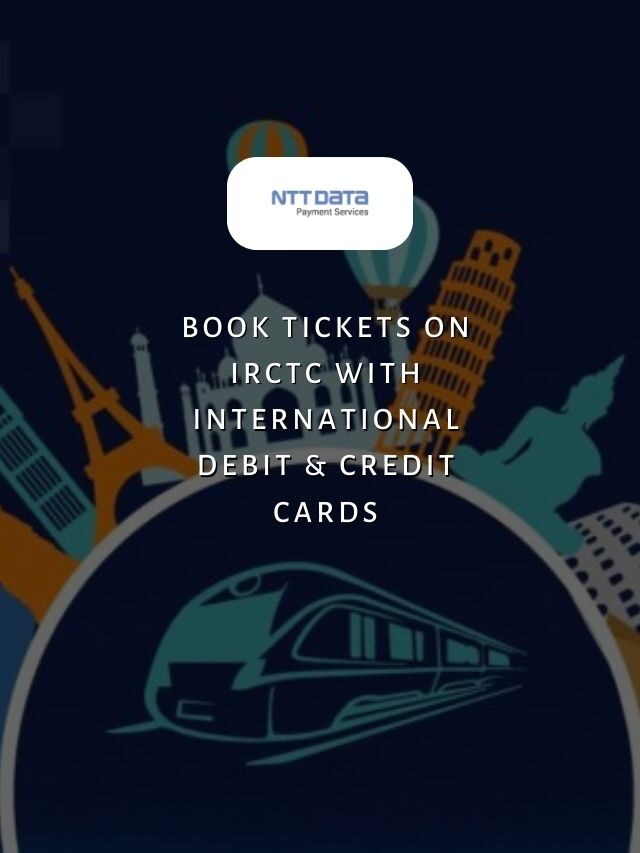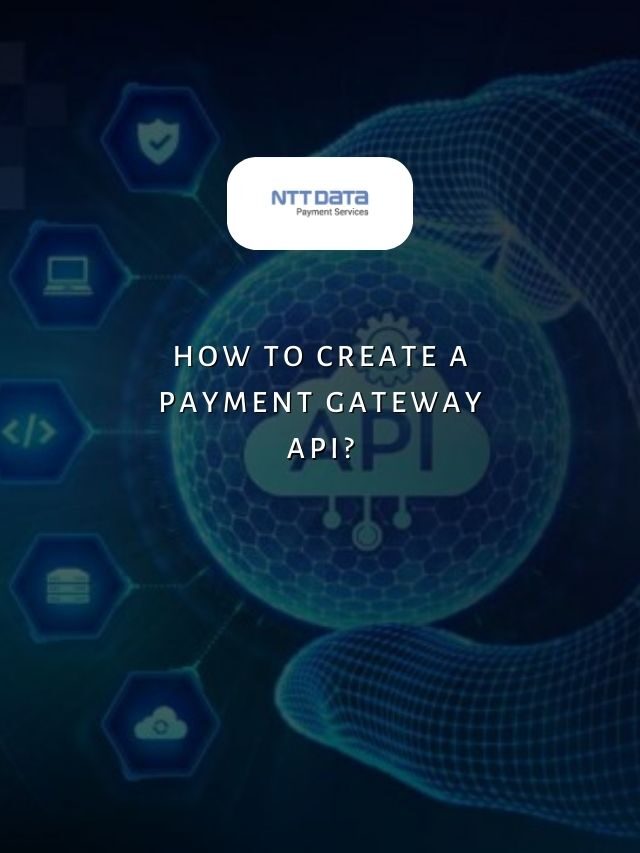
Table of Contents
POS systems have evolved significantly over the years, offering diverse options to cater to the unique needs and requirements of different industries and business models. In this blog post, we will explore the different types of POS systems available in detail.
Overview on POS systems
The right Point of Sale (POS) system can make all the difference in driving efficiency. It enhances the customer experience and boosts your business growth. Whether you run a small local shop or a large multinational enterprise, the diverse array of POS systems available offers a solution customised to your unique business needs.
What is a POS system?
A POS (Point of Sale) system is a combination of hardware, software, and services that enable businesses to process transactions, manage sales, and streamline various retail operations. It serves as the central hub for accepting payments, tracking inventory, generating reports, and enhancing the overall customer experience at the point of sale.
Recent Web Stories
What are the different types of POS systems?
The seven common types of POS systems are
- Terminal POS
- Mobile POS
- Tablet POS
- Cloud Based POS
- Self Service POS
- Multichannel POS
- Open Source POS
1. Terminal POS
The traditional type of point-of-sale system is the terminal POS system. These systems usually consist of a desktop computer or specialised point-of-sale terminal with a cash drawer, receipt printer, barcode scanner, and card reader.
Because of their extensive feature set, dependability, and longevity, terminal point of sale (POS) systems are a preferred option for companies with established physical locations, such as retail stores, restaurants, and hotels.
2. Mobile POS
Mobile point-of-sale (POS) systems are intended for companies that need to be mobile and flexible. Employees may handle transactions and inventories wherever on the company premises with these systems, which usually use smartphones or tablets as the main interface.
Businesses that require on-site transaction processing, like food trucks, pop-up stores, or service providers, are especially well-suited for mobile point-of-sale (POS) systems.
3. Tablet POS
The tablet POS system is a hybrid of terminal and mobile point-of-sale systems. Compared to smartphones, this system’s principal interface is a tablet, such as an Android tablet, which provides a bigger screen and a more user-friendly interface.
Businesses like cafés, restaurants, and retail establishments that demand a more aesthetically pleasing and user-friendly interface frequently adopt tablet point-of-sale (POS) systems.
4. Cloud Based POS
Cloud-based point-of-sale (POS) systems, which store data and software on remote servers or the cloud rather than hardware located on-site, are modern and becoming increasingly common. These systems offer lower initial costs, automatic software upgrades, and remote data access and company management from any location with an internet connection.
Cloud based point-of-sale (POS) systems are a good fit for companies with various locations because they offer a centralised and readily expandable solution.
5. Self-Service POS
Self-service POS systems are designed to allow customers to complete transactions independently without directly interacting with a sales associate. These systems are often found in fast-food restaurants, retail stores, and other businesses where customers prefer a quick and convenient checkout experience.
Self-service POS systems can help businesses streamline operations, reduce labour costs, and provide a personalised shopping experience for customers.
6. Multichannel POS
Multichannel POS systems are designed to integrate and manage sales across multiple platforms, including in-store, online, and mobile channels. These systems enable businesses to provide a seamless and consistent customer experience, regardless of the sales channel.
Multichannel POS systems are particularly beneficial for businesses that operate both physical and e-commerce stores. They allow for centralised inventory management, reporting, and customer data integration.
7. Open-Source POS
Open-source POS systems are software-based solutions that are freely available and can be customised to meet the specific needs of a business. These systems offer the flexibility to integrate with various hardware components, such as cash drawers, printers, and scanners, allowing businesses to create a tailored POS solution.
Open-source POS systems are often chosen by businesses that require a high level of customisation or have unique operational requirements.
Get the Best POS with NTT DATA Payment Services
Investing in the right POS system is a strategic move that can streamline your operations, enhance the customer experience, and ultimately propel your business towards greater success. NTT DATA Payment Services offers the best POS solutions that are tailored to meet the unique needs of businesses across industries.
NTT DATA Payment Services offers a complete payment solution to advance both your offline and online businesses from,
- Online Payment Gateway India
- POS machines
- IVR payments
- Mobile applications, and
- Bharat QR Scan and Pay
We ensure maximum comfort, convenience, and safety for all your payments.
Choosing the Right POS System: The Key to Business Success
From traditional terminal systems to cutting-edge cloud-based and mobile solutions, the right POS system can be a game-changer for your business. By understanding each POS type’s unique features and benefits, you can make an informed decision that aligns with your operational needs, customer preferences, and long-term growth aspirations.
| Also, you can get frequent updates on nttdatapayments Instagram page. |
Different Types of POS Systems: FAQs
1. Does the POS system include inventory management tools?
Yes, many modern POS systems come equipped with robust inventory management capabilities, allowing you to track stock levels, generate reports, and streamline your supply chain operations.
2. Can I integrate my POS system with my e-commerce platform?
Absolutely, Multichannel POS systems enable seamless integration between your in-store and online sales channels, providing a unified view of your inventory, customer data, and sales performance.
3. How customisable are the POS systems?
The level of customisation varies, but many POS solutions, especially open-source and cloud-based systems, offer a high degree of flexibility to tailor the software and hardware to your unique business requirements.
4. Do I need to pay a monthly fee for a POS system?
The pricing model for POS systems can vary. Some offer a one-time purchase option, while others follow a subscription-based model with monthly or annual fees. Evaluating the long-term costs and benefits is essential to determine the best fit for your business.
5. How user-friendly are the POS systems?
User-friendliness is a crucial consideration when choosing a POS system. Look for solutions that offer an intuitive interface, easy-to-navigate menus, and comprehensive training resources to ensure a seamless adoption process for your staff.







